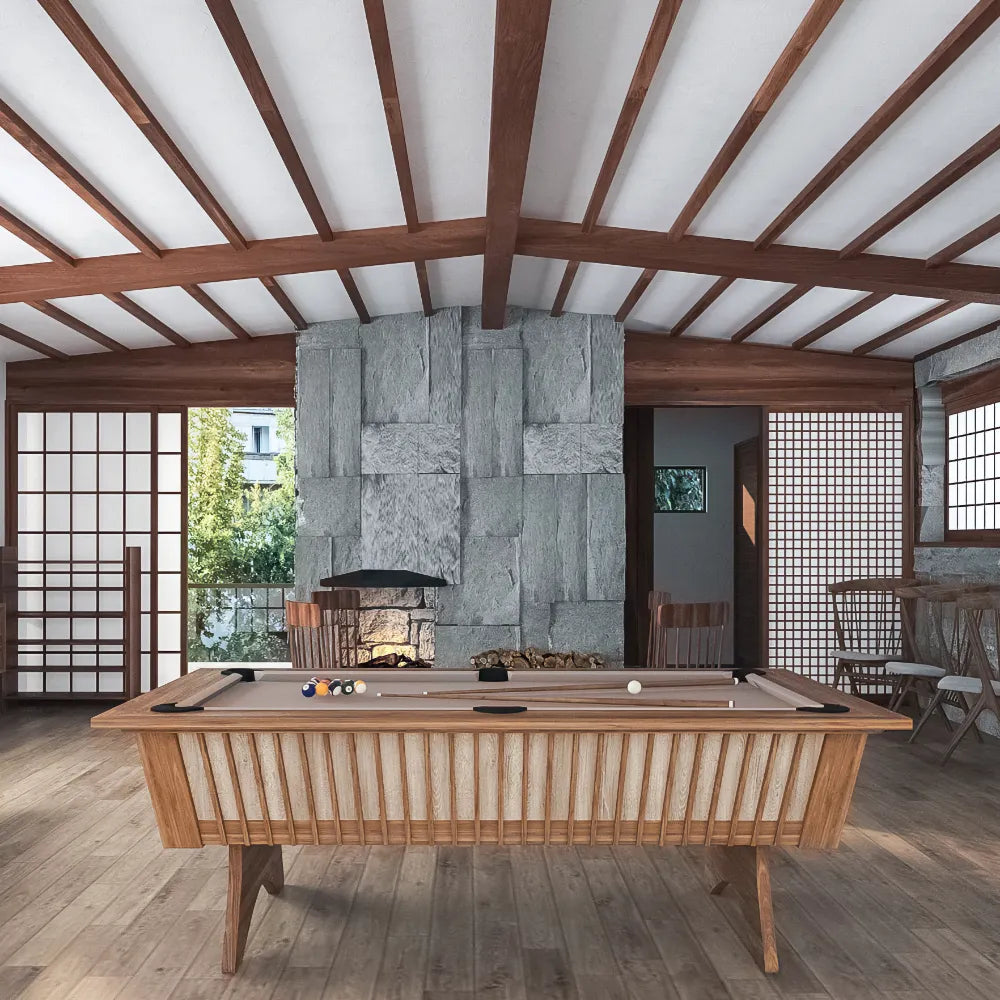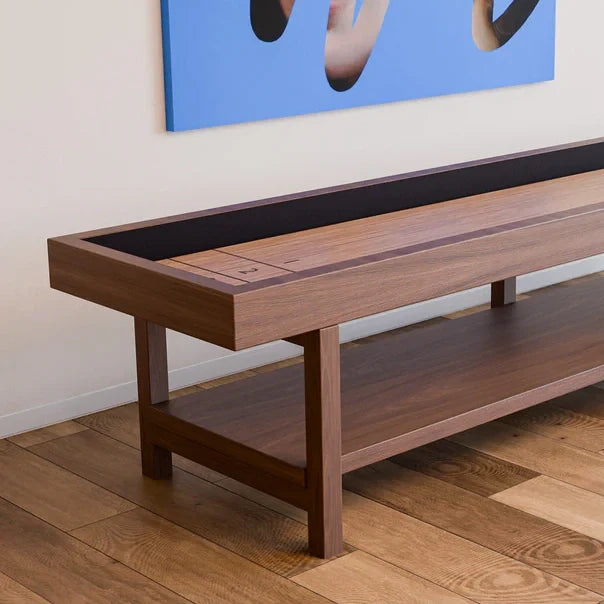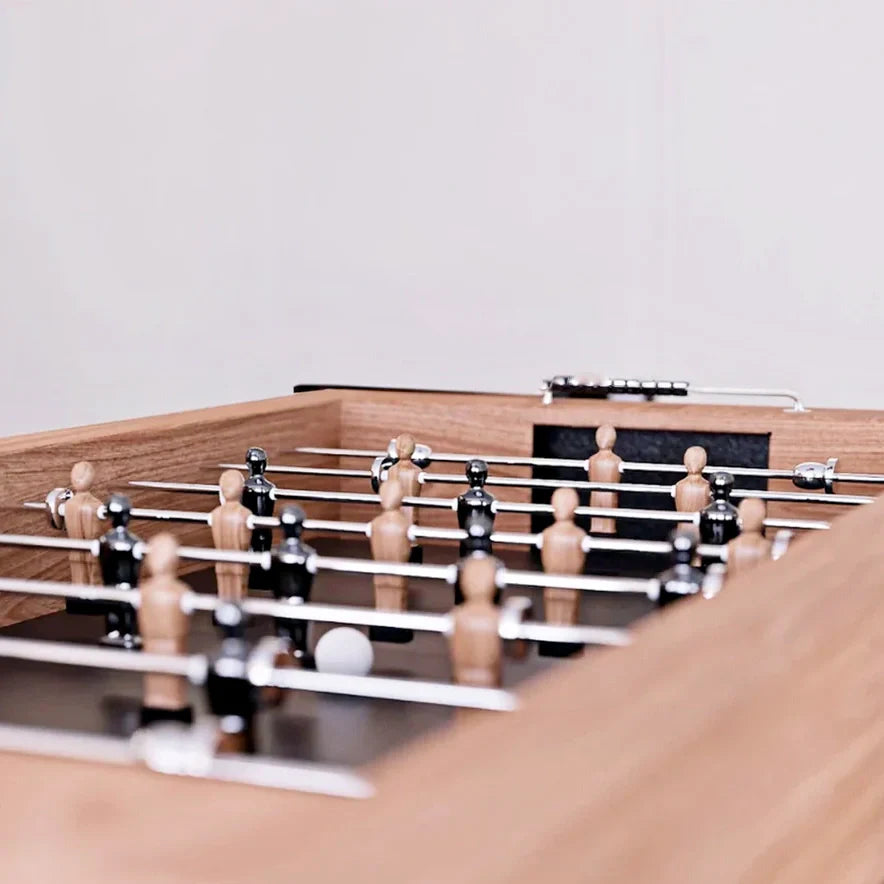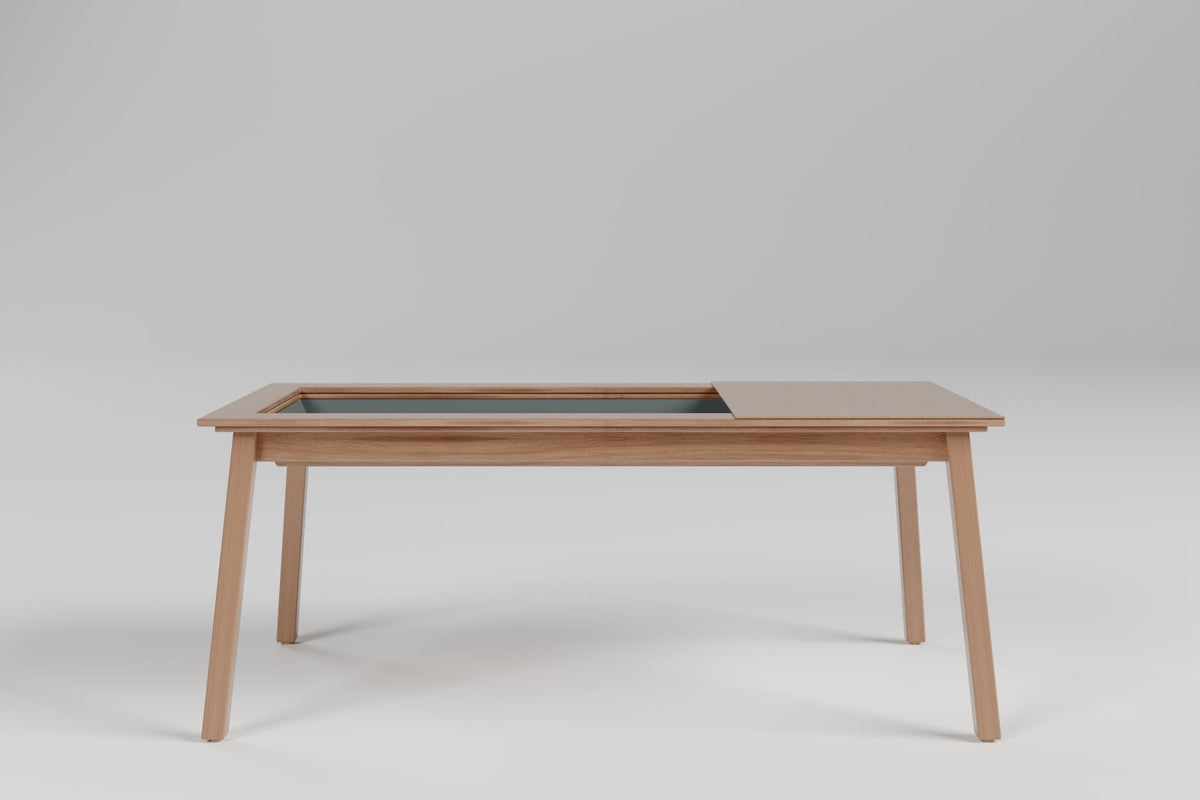Choosing the right set of billiard balls might not seem like a big deal at first—but it can make a significant difference in how your game plays, how long your felt holds up, and how often you end up buying replacement sets. The debate between phenolic resin and polyester balls has been around for years, and while the marketing language can get a little thick, the core differences are real.
Let’s start with the materials themselves. Phenolic resin is an industrial-grade thermoset plastic made by combining phenol and formaldehyde under intense heat and pressure. Once molded, it can’t be melted or reshaped, which means the result is an incredibly durable, dense, and long-lasting billiard ball. This is the same material used by top-tier brands like Aramith, whose balls are known to last decades. These balls hold their polish, resist scratches, and can take hundreds of thousands of impacts without losing their shape or smoothness.
Polyester balls, by contrast, are made from a softer, more affordable plastic. They’re commonly found in starter kits, budget-friendly sets, and lots of public pool halls. While they’re perfectly functional for casual play, they tend to lose their shine and roundness faster. On average, a polyester set lasts around eight years with regular use. They’re more susceptible to dings, chips, and damage, especially the kind generated from fast, spin-heavy shots that can leave telltale burn marks on your table’s cloth.
That brings us to table wear. What many players don’t realize is that the type of balls you use can have a real effect on your table’s longevity. Phenolic balls are more heat-resistant and smoother-rolling, which translates to less friction—and less damage—on the cloth. Polyester balls generate more heat through friction, which leads to visible burn spots over time and accelerates the wear on your table surface.
In terms of playability, phenolic resin balls offer a noticeably better feel. They roll cleaner, bounce more consistently, and respond more accurately to spin. Even casual players often describe the experience as “smoother” or “truer.” Polyester balls, on the other hand, can feel lighter or just slightly “off.” The difference might be subtle at first, but once you’ve played with a quality phenolic set, it’s kinda hard to go back.
Of course, price is part of the conversation. Phenolic resin sets are more expensive up front, no question. But for those who play regularly, they’re more of a one-time investment than an ongoing expense. Polyester balls are much cheaper and fine for beginners, but many players find themselves upgrading as their skills improve or as their old set starts to show wear.
So what’s the verdict? If you play often, care about consistency, and want gear that’s built to last, phenolic resin is the clear choice. If you’re just starting out or don’t play all that much, polyester will get the job done.
Ultimately, the type of billiard ball you choose says something about how seriously you take your game, and how long you want your equipment to last.





0 comments